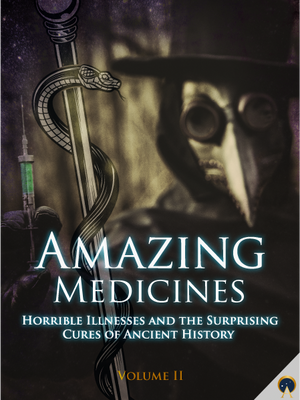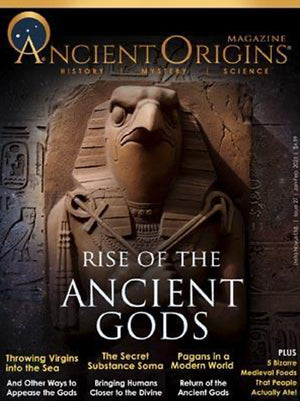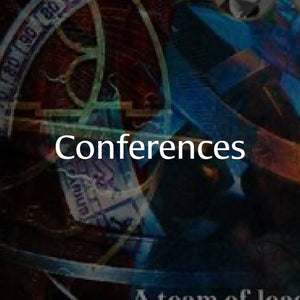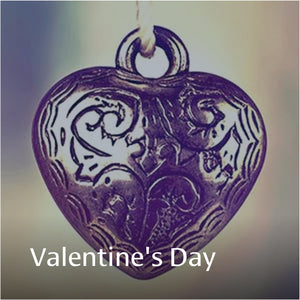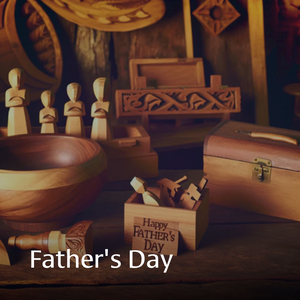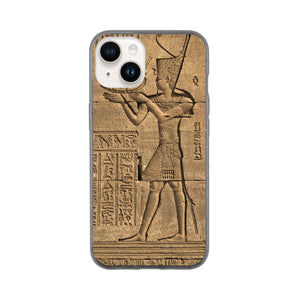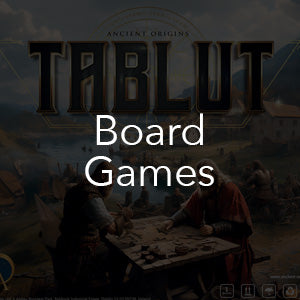
Palmyra, Pearl of the Syrian Desert
- Regular price
- $17.00
- Sale price
- $17.00
- Regular price
-
- Unit price
- per
-
Product Information
Not just the archaeological community, but the entire world was horrified at the news and video clips of ISIL’s senseless destruction of the ancient site of Palmyra in Syria in 2015 and 2016. A professor emeritus in Ancient Near Eastern Studies at the University of South Africa, Dr Fanie Vermaak, who accompanied his post graduate students on a visit to the site, presents a nostalgic but also academic overview of the wonders of the Pearl of the Syrian desert, and the progress in restoring the site.
Palmyra (ancient Tadmor) in the heart of the Syrian desert, has been described by visitors using extravagant expressions. Arriving at Palmyra any time of the day, one cannot help being touched by this city, situated between Damascus and Deir-ez-Zur on the edge of the Euphrates River, that still seems to be enveloped by the mists of its historic role in ancient Mesopotamia. Blessed with an extensive oasis, this desert town, with a legacy of more than 4,000 years, expresses herself in an extraordinary manner.
Professor Fanie will take us on a tour of the Temple of Bel, The Temple of Baal Shamin, The Monumental Arch of Triumph, the colonnade and castle and the theatre where soldiers were brutally murdered. He will reminisce with unique photographs of Palmyra before the destruction but also gives us hope by discussing the reconstructions planned.
Dr Fanie Vermaak is professor emeritus of Ancient Near Eastern Studies at the University of South Africa. Professor Vermaak studied Theology and various Semitic Languages at the Universities of the Free State (Bloemfontein) and Stellenbosch, South Africa. He specialized (PhD) in the cuneiform (Sumerian) studies of the Ur III period (2100-2000 BC) on the activities of the temple administrators of Southern Mesopotamia and published extensively on this topic. He extended his academic repertoire to the various ancient gateways of the Near East and as far as the Indus Valley. Professor Vermaak is also the chairperson of the Ancient Egypt and Near Eastern Society (AENES). He served eight years on a national academic society called the Southern African Society for Near Eastern Society. He is a founding member of International Society of Cuneiform Studies. Professor Vermaak often features as a Middle East expert analyst on various media and has a special interest in the ancient and modern Near East or Middle East.

